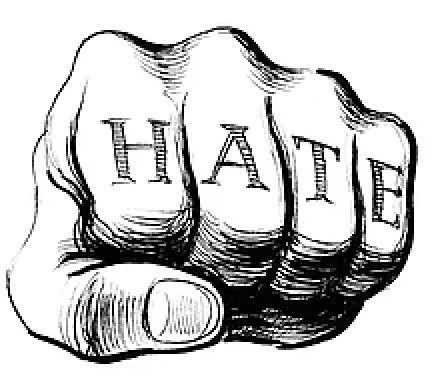Romanov and Others v. Russia, Nos. 58358/14, 7146/15, 25887/15, 42395/15, 56617/19 and 56637/19, ECtHR (Third Section), 12 September 2023

The ECtHR dealt with hate speech and hate crimes in the case Romanov and Others v. Russia of 12 September 2023. The decision is a significant contribution to the legal debate on pluralism and hate-motivated abuses. The case involved homophobic verbal and physical attacks on eleven LGBTI people that occurred during different events. The Court clearly condemned a recurring pattern in the domestic authorities’ approach to allegations of homophobic crimes – the reluctance to investigate the homophobic motives of the attacks.
The six applications concerned eleven Russian nationals, who complained about the violation of, inter alia, the prohibition of inhuman and degrading treatment (Article 3) in the light of the prohibition of discrimination (Article 14). The applicants, members of the LGBTI community, alleged Russia’s failure to protect them from violence by private individuals and to conduct an effective investigation into the incidents that happened, for instance, in a bar, in an HIV prevention centre and during different street events on the occasion of, e.g., the Coming Out Day, the International Day Against Homophobia and Transphobia and against the enactment of a new law banning "propaganda of non-traditional sexual relations".
The abuses were various. Some of the applicants had received death threats on the Russian social media platform Vkontakte (paragraph 15). Others had been victims of a number of verbal and physical attacks. For example, one of the counterdemonstrators fired many times toward one of the applicants with a spray gun while shouting homophobic slogans such as "sodomy is a mortal sin" (paragraph 6), causing several injuries on his body. Other counterdemonstrators threw stones and smoke bombs at the participants, provoking significant injuries that required hospitalisation (paragraph 23). Two young men in hoods shot one of the applicants in the eyes with the air gun and hit him with a baseball bat (paragraph 31).
In the case of public events, while the police were deployed to maintain public order, they did not actually intervene to prevent or stop the attacks. Eventually, the applicants requested repeatedly the investigating authorities to explore alleged motives of hate against LGBTI people, but the latter rejected the allegations without properly addressing their complaints. In light of this, the Court noted "with great concern that this appears to be common practice in dealing with hate crimes against LGBTI people", with the authorities failing "to adequately address the homophobic overtones of the attacks and to subject them to a proper evaluation under the domestic law, in line with the requirements of the Convention" (paragraph 79).
Therefore, the Court found a breach of Article 3 read in conjunction with Article 14 given that the state failed to effectively protect the LGBTI community from violent verbal and physical hate-motivated attacks by private individuals.
(Comment by Giovanna Gilleri)

